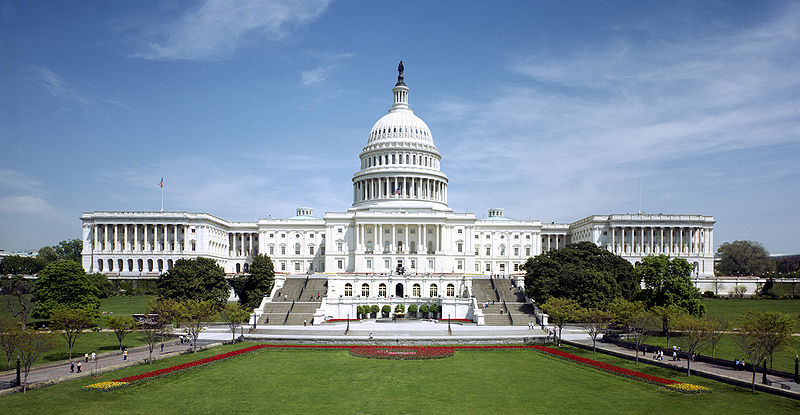Proposed federal budget cuts a threat to P.R.

The $3.73 billion budget submitted Monday by the Obama administration for fiscal 2012, which begins in October, will have a yet unquantifiable impact on the island that will likely mean less money for communities and students.
The budget proposes ending, cutting or reducing more than 200 programs, en route to shaving off $33 billion in public expense in 2012. Included in that list is the Community Development Block Grant program, to be trimmed by $300 million and the Pell Grant program, to be reduced by $100 billion over a decade. Also on the chopping block is the Community Services Block Grant program.
All three programs provide benefits to Puerto Rico, in terms of infrastructure and post-secondary education.
“The document reflects a mix of public investment programs in the short term and significant cuts in the medium term, which should reduce the estimated deficit for the next 10 fiscal years by about $1.1billion,” according to a preliminary analysis offered by the Center for the New Economy on Monday.
The proposed federal budget consists of $3.7 billion in expenditures and $2.6 billion in collections, reflecting a $1.1 billion deficit that is equivalent to 7 percent of the U.S. mainland’s gross domestic product.
One issue that the proposed changes address is the way foreign subsidiaries of stateside corporations are taxed — another issue that hits close to home as it comes just weeks after the local government effected a 4 percent excise tax against controlled foreign corporations on the island arguing that they could write it off on their federal income tax return.
According to the proposed budget, the federal government is banking on increasing collections by some $65 billion in five years as a result of the “international tax system” in effect over stateside companies. Among other things, the reform would require that the foreign tax credit be calculated differently than it is now, to generate $22.2 billion in revenue in five years.
“How would that change affect granting a credit of the 4 percent excise tax payments by the international subsidiaries of stateside companies to the government of Puerto Rico?” questioned Sergio Marxuach, public policy director for the CNE.
In its analysis, the CNE highlighted several points included in the budget proposal, namely:
- Proposes a $148 million increase in research and development credits;
- Provides funding to train 100,000 teachers in science and math;
- Assigns $556 billion to finance investments in the transportation sector in six years;
- Places emphasis on development of renewable energy technologies, including approving the construction of 9,000 megawatts of capacity based on renewable energy sources;
- Establishes a “New Economic Growth Zones” that would replace the U.S. Department of Housing and Urban Development’s current “empowerment zones” program.
- Freezes spending on domestic programs for five years, achieving savings of $400 billion;
- Eliminates the Pell Grant for summer classes;
- Significantly reduces financing for the CDBG and CSBG programs, and slashes by 50 percent the funds available for the Low-Income Home Energy Assistance Program; and,
- Requires the Medicare program to save $4.4 billion between 2012 and 2016 on the cost of medicines for its beneficiaries.
“The great failure of the budget presented is that it does not address the high growth rates in the costs of the Social Security, Medicare, and Medicaid programs, which are the root cause of the U.S.’s fiscal problems,” Marxuach said. “However, to stabilize the federal debt’s growth rate this budget lays the foundation for realistic negotiations between Democrats and Republicans on these issues.”
Author Details
Author Details
Business reporter with 30 years of experience writing for weekly and daily newspapers, as well as trade publications in Puerto Rico. My list of former employers includes Caribbean Business, The San Juan Star, and the Puerto Rico Daily Sun, among others. My areas of expertise include telecommunications, technology, retail, agriculture, tourism, banking and most other segments of Puerto Rico’s economy.













The budget cuts and potential government shut down are going to have a major impact on PR. We've got to find a way to balance the budget without cutting neccessary services. Peter Orszag (orszag.net) had some good ideas for cutting wasteful spending while he was at the Office of Management and Budget.